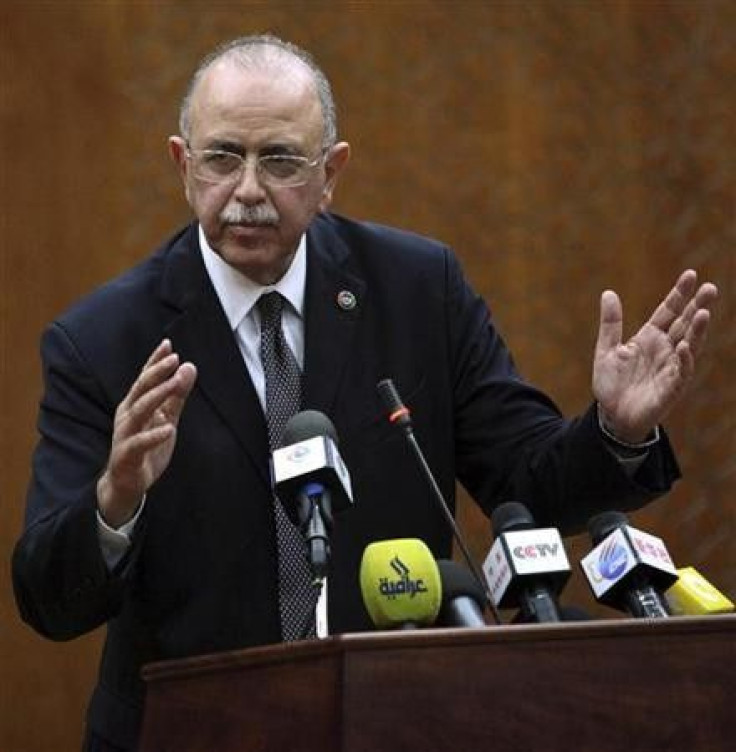New Libyan PM Abdurrahim el-Keib Faces Tough Challenges

Libya's new interim prime minister, Abdurrahim el-Keib was a professor of electrical engineering and an entrepreneur who had to live in exile for 10 years because of pressure from the late Moammar Gadhafi's regime over his political views.
The National Transitional Council (NTC) elected him to the post Oct. 31, with 26 of its 51 members voting for him. El-Keib succeeds Mahmoud Jibril, who lived up to the pledge he had made during the bloody revolution that he would step down after Gadhafi's 42-year rule ended.
Jibril was an economic adviser to Gadhafi's regime, while el-Keib spent most of his professional career outside Libya and appears to the Libyan populace as a man uncorrupted by any ties to Gadhafi.
We guarantee that we are after a nation that respects human rights, and does not permit abuse of human rights, el-Keib said after his victory. But we need time, he added, apparently in an attempt to lower the expectations of Libyans and human-rights groups concerned about atrocities committed by NTC fighters.
El-Keib's immediate political task is to pave the way for full, free, and fair elections next year. Cities like Sirte and Bani Walid could pay a terrible price for standing heroically for Gadhafi.
El-Keib is expected to appoint a new interim government that will lead to the formation of a new constitution and a general election to fulfill the NTC's pledge to transition Libya to a democratic government. The first major task for Libya's new interim cabinet, which will be formed within the next two to three weeks, is to provide security across the country where chaos still prevails, according to el-Keib.
© Copyright IBTimes 2024. All rights reserved.











